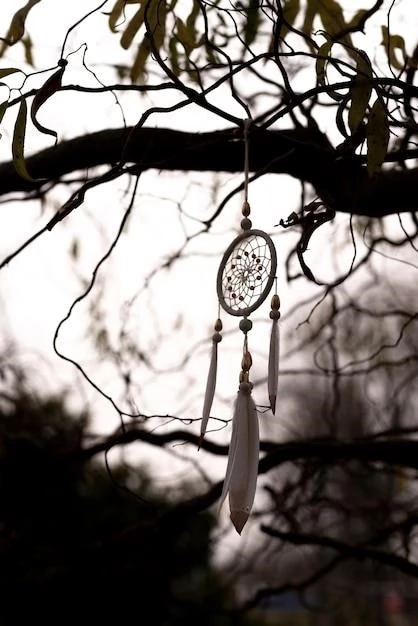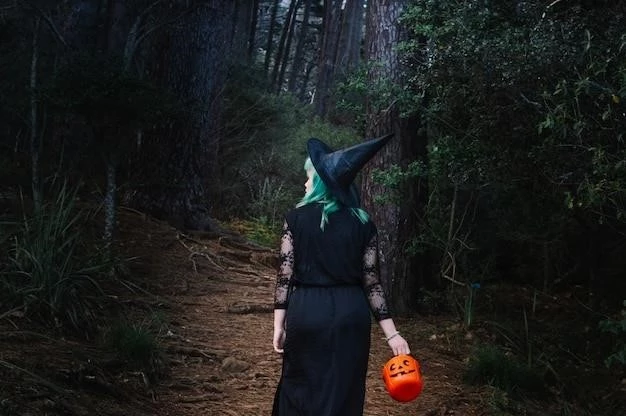Ghost hunting, the practice of investigating locations reputed to be haunted by ghosts, has a long and intriguing history, intertwined with humanity’s enduring fascination with the afterlife. From ancient rituals to modern-day paranormal investigations, the desire to connect with the spirit world has persisted through the ages.

Ancient Beginnings
The belief in spirits and the practice of communicating with them dates back to ancient civilizations. Lacking scientific explanations for the unknown, our ancestors attributed unexplained occurrences to supernatural entities.
- Ancient Mesopotamia and Egypt (c. 3500 BCE): These civilizations held strong beliefs in spirits and the afterlife. They performed rituals to appease spirits and ensure their passage to the next world. Tombs were often inscribed with curses to ward off grave robbers, reflecting a belief in lingering spirits.
- Ancient Greece and Rome (c. 8th century BCE): The Greeks believed in the existence of the ‘psyche٫’ a soul that could linger after death. Oracles and necromancers were consulted to communicate with the dead. The Romans similarly believed in spirits and practiced rituals to honor and appease them.
The Middle Ages and Renaissance (c. 5th ⸺ 16th centuries)
During the Middle Ages, the Catholic Church exerted a significant influence on beliefs about the afterlife. Ghosts were often viewed as souls trapped between worlds, needing prayers and rituals to find peace.
- Church Influence: The Church acted as an authority on matters of the supernatural, perpetuating the belief in purgatory and the need for spiritual intervention to aid lost souls.
- Witchcraft and Demonology: Belief in witchcraft and demonic forces was widespread. Unexplained phenomena were often attributed to these entities, leading to fear and persecution.
The Enlightenment and the Rise of Spiritualism (c. 18th ⏤ 19th centuries)
The Enlightenment brought about a greater emphasis on reason and scientific inquiry, leading some to question traditional beliefs in the supernatural. However, this era also saw the rise of Spiritualism, a movement that reignited interest in communicating with the dead.
- Scientific Skepticism: Thinkers like René Descartes and David Hume advocated for reason and empirical evidence, challenging supernatural explanations.
- The Fox Sisters and the Birth of Spiritualism (1848): The Fox sisters in New York claimed to communicate with spirits through rapping sounds, sparking a Spiritualist movement that swept Europe and America.
- Séances and Mediums: Séances became popular social gatherings where people attempted to contact spirits through mediums. While some mediums were frauds, the movement fueled widespread fascination with the paranormal.
20th Century and Modern Ghost Hunting
The 20th century saw the development of technology that would shape modern ghost hunting techniques. From photography to audio recording and electromagnetic field detectors, investigators sought to capture objective evidence of paranormal activity.
- Early Paranormal Investigation: Organizations like the Society for Psychical Research (SPR) emerged in the late 19th century, aiming to study paranormal phenomena using scientific methods.
- Influence of Technology: The development of cameras, audio recorders, and later, EMF detectors, provided new tools for ghost hunters to document their investigations.
- The Rise of Paranormal Reality TV: Shows like “Ghost Hunters” (2004-present) and “Paranormal Activity” (2007) brought ghost hunting into the mainstream, popularizing the use of night vision cameras and other equipment.
Ghost Hunting Today
Today, ghost hunting remains a popular pursuit, with numerous groups and individuals investigating claims of hauntings. The internet has provided a platform for sharing experiences and theories, further fueling public interest in the paranormal.
- Diverse Methods: Modern ghost hunters employ a range of techniques, from traditional EVP recording and EMF detection to experimental methods like spirit boxes and laser grids.
- Ethical Considerations: As ghost hunting has gained popularity, ethical concerns have arisen, particularly regarding respect for historical sites and the potential for hoaxes.
- The Ongoing Search for Evidence: Despite advances in technology and the dedication of investigators, the existence of ghosts remains a topic of debate. The search for definitive proof continues to captivate and intrigue.

Conclusion
The history of ghost hunting is a testament to humanity’s enduring fascination with the unknown and the desire to connect with what lies beyond our understanding. From ancient rituals to modern investigations, the quest to unravel the mysteries of the spirit world continues to capture our imaginations. Whether driven by belief, curiosity, or a thirst for adventure, ghost hunters throughout history have contributed to a rich and evolving tapestry of paranormal lore. While the definitive existence of ghosts remains unproven, the human desire to explore the boundaries of our reality ensures that the practice of ghost hunting will continue to intrigue and inspire for generations to come.










